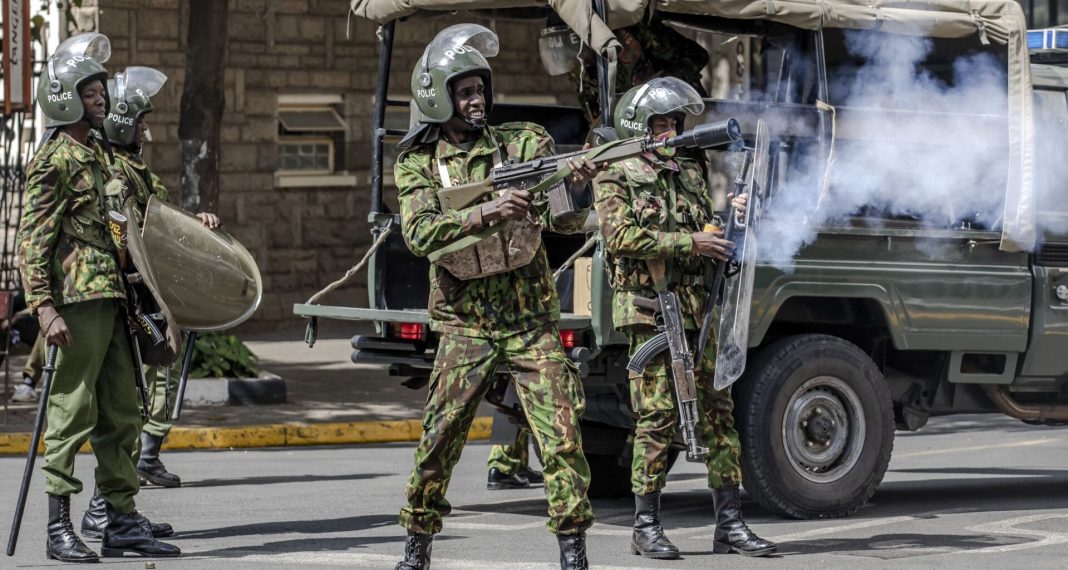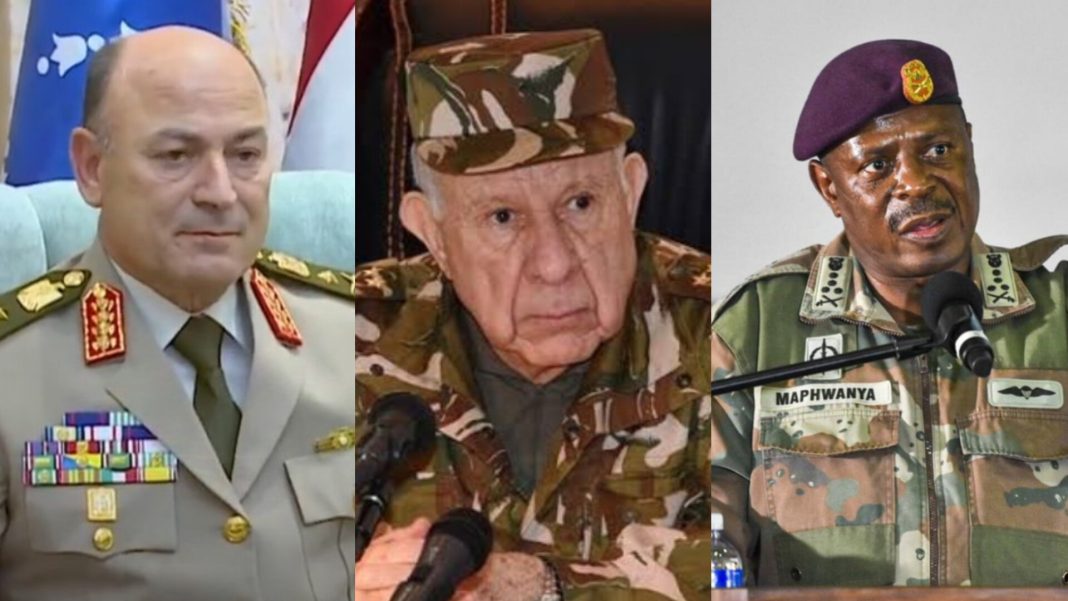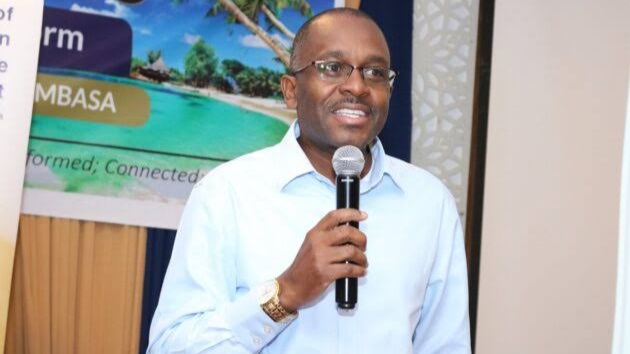Trust in law enforcement is a cornerstone of effective governance and community safety.
However, in many African countries, this trust is alarmingly low, reflecting deep-seated issues related to corruption, human rights abuses, and inadequate policing practices.
In this article, WoA delves into African countries with the lowest trust in police, examining the factors that contribute to this distrust.
1. Kenya (34%)
Kenya tops the list with only 34% of citizens trusting their police force to act professionally.
The country has long battled accusations of police corruption, extrajudicial killings, and a lack of accountability.
Efforts at police reforms have been inconsistent, leaving many Kenyans skeptical about law enforcement’s ability to protect and serve fairly.
2. South Africa (32%)
South Africa shares second place with Angola, also at 32%.
The country’s police force is plagued by allegations of inefficiency, corruption, and excessive force, particularly in underprivileged communities.
Distrust is further fueled by cases of poor response times and a perceived failure to tackle crime effectively.
3. Angola (32%)
In Angola, trust in the police is tied with South Africa at 32%.
Citizens frequently report police misconduct, including bribery and abuse of power.
Economic disparities and political tensions have further strained relationships between law enforcement and the public, deepening the mistrust.
4. Ghana (28%)
Ghana’s relatively stable democracy is undermined by the perception that only 28% of its citizens trust the police.
Reports of corruption and selective justice tarnish the image of what is otherwise considered one of West Africa’s most peaceful nations.
Efforts to rebuild trust have been slow and met with resistance.
5. Liberia (26%)
Liberia’s police force has struggled to regain credibility after years of civil conflict.
With only 26% of respondents expressing trust, allegations of inefficiency and corruption remain widespread.
The country’s limited resources and fragile institutions hinder progress in reforming law enforcement.
6. Gabon (25%)
Gabon follows closely with 25% trust in its police.
Citizens have voiced concerns over police brutality, lack of accountability, and favoritism.
Political instability and an unequal justice system further exacerbate the public’s lack of confidence in law enforcement.
7. Eswatini (23%)
In Eswatini, only 23% of citizens trust the police.
Accusations of human rights violations and suppression of political dissent are key contributors to this low score.
The government’s heavy-handed approach to protests and criticism often places law enforcement at odds with the public.
8. Sao Tome and Principe (22%)
This small island nation ranks eighth, with 22% of citizens trusting the police.
While the country enjoys relative stability, systemic issues such as limited police training and resources impact the professionalism of law enforcement, diminishing public trust.
9. Sierra Leone (19%)
Sierra Leone, at 19%, struggles with police credibility due to frequent accusations of corruption and mishandling of public protests.
The force’s inability to address everyday crime effectively has left citizens frustrated and distrustful.
10. Nigeria (15%)
Nigeria ranks last with an alarming 15% trust in its police. The country’s law enforcement is often criticized for corruption, brutality, and inefficiency.
Movements like #EndSARS have highlighted these issues on a global stage, reflecting widespread public dissatisfaction and calls for systemic reform.



